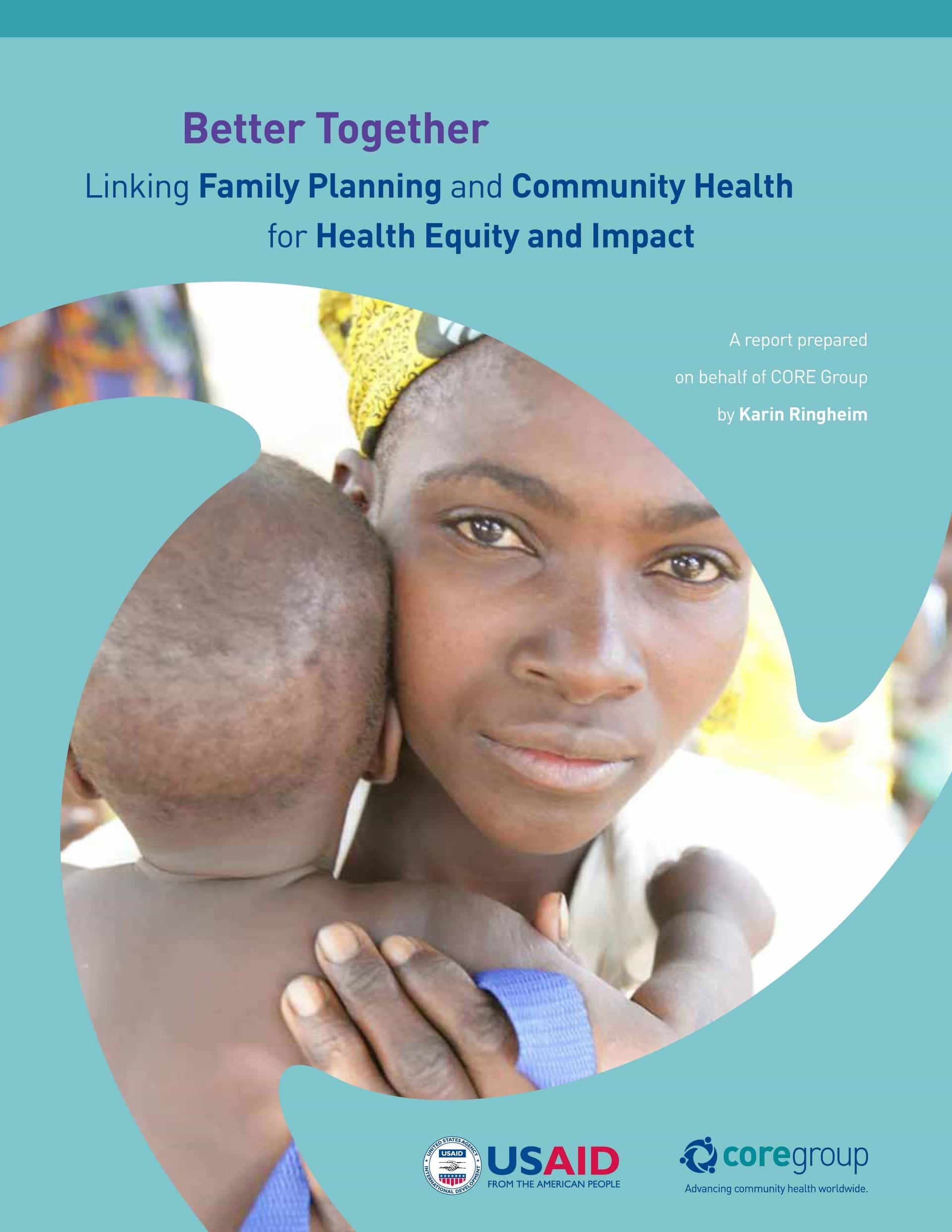ORGANIZATION
CORE Group
USAID
YEAR PUBLISHED
2012
DESCRIPTION
Family planning saves lives and promotes health and well being in a myriad of ways. It is cost effective, well understood and underutilized as a development strategy. Based on more than 125 references, the research presented in this paper provides compelling evidence that integration of family planning is a value-added strategy, saving lives, and spurring progress to prevent diseases, protect the environment, advance food security and nutrition, and improve the health of young people. Despite these benefits, more than 200 million women worldwide, especially poor women and those in rural and remote areas, still lack access to modern contraception. “Smart” integration of family planning is an important strategy to help address that shortfall—as it simultaneously supports other development goals, as described in this report.Integrating family planning with existing health interventions at the community level not only broadens access and equity, but improves substantive understanding of the importance of family planning to the health of women, children and the family, and to reducing unintended pregnancies and abortions. With the endorsement of WHO, USAID and other policymaking bodies, integrated services, including family planning, represent the future of community and primary health care.

